How on earth does one sum up JB Priestley? He wrote 39 plays, 26 novels and a huge amount of nonfiction and was dismissed by Virginia Woolf, with characteristic snootiness, as “one of the tradesmen of letters”. But, in art as in life, tradespeople are invaluable and with one of Priestley’s most popular plays, When We Are Married, about to be revived at London’s Donmar Warehouse, it is worth asking what the qualities are that make him a durable dramatist.
It makes sense to start with An Inspector Calls, which was famously revived by Stephen Daldry in 1992 in a production that has lasted for more than 30 years. What Daldry and his designer, Ian MacNeil, did was to cut through the play’s schematic outline and treat it as an expressionist fable about a family poised on the edge of self-destruction.
But I am convinced that the reason for the play’s survival lies in the pertinence of the Inspector’s final warning: “We don’t live alone. We are members of one body. We are responsible for each other.” Whether in 1946 under a hard-pressed Labour government, in the post-Thatcherite world of 1992 or in today’s brutally polarised society, that message carries a timeless resonance.
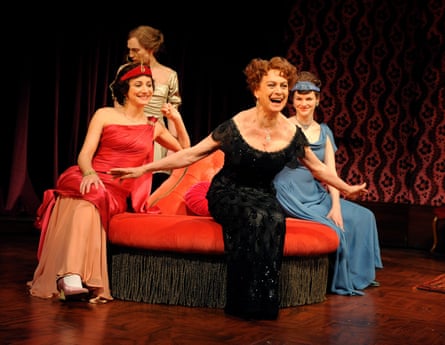
Rereading many of Priestley’s plays, I am struck by the endless reiteration of the plea for social justice, allied to a romantic mysticism. The year 1937 saw the simultaneous production of two of Priestley’s plays about time: Time and the Conways based on JW Dunne’s ideas about the co-existence of past, present and future, and I’ve Been Here Before, about Ouspensky’s notion of lives recurring in an endless spiral. But, while the time motif is fascinating, both plays are underpinned by Priestley’s humane socialism.
The most moving moment in the first play is a female teacher’s idealistic dream of “a free, happy prosperous people all enjoying equal opportunities, living at peace with the whole world”. The words are spoken in 1919 and acquire a pungent irony when the action shifts to 1937. There is an equally heart-stopping moment in the second play when an industrialist counters working-class hostility to a German refugee with: “All over this rotten world now, they’re slamming doors in the faces of good men. But we’ve still a door or two open here.” I can imagine that getting a warm response if heard on a British stage today.
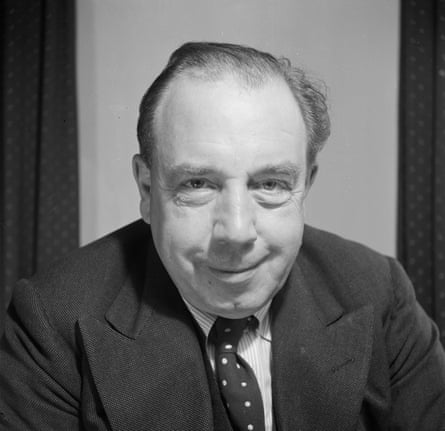
My own favourite among Priestley’s plays is The Linden Tree. Written during the freezing, crisis-ridden month of January 1947 when the country was virtually at a standstill, and memorably revived by Christopher Morahan at the Orange Tree in 2006, this is a forerunner of the state-of-the nation plays we now associate with David Hare and James Graham. In essence, Priestley hits two targets. Since the play is about the enforced retirement of an idealistic history professor at the age of 65, it pinpoints society’s disregard of age and experience. But the heart of the play lies in the prof’s confrontation with a daughter who has fled England to lead a life of expatriate grandeur in France.
While acknowledging the drab austerity of modern Britain, Linden asks his daughter to recognise that the country is trying to do something as extraordinary as it is difficult: “to have a revolution for once without the Terror, without looting mobs and secret police, sudden arrests, mass suicides and executions, without setting in motion the vast pendulum of violence which can decimate three generations before it comes to a standstill.” You could hardly have a more pointed attack on tyranny or a more vigorous defence of the postwar Attlee government.
In the same year as The Linden Tree, Priestley published a passionately polemical book, Theatre Outlook, which applies socialist principles to a reactionary industry. He attacks fat-cat theatre owners, philistine politicians, hidebound playgoers, and even has a swipe at celebrity casting. But he argues forcefully for increased subsidy, tours by national companies and a chain of civic theatres reflecting local character and outlook.
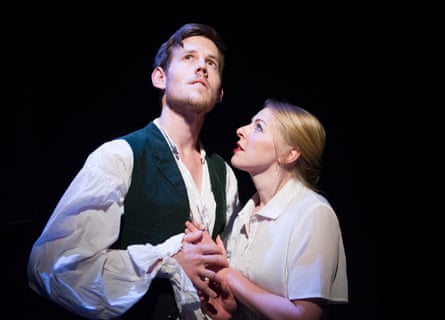
Some of what Priestley wished for has come to pass: it is his vision of a flourishing network of regional repertory companies with their own distinct identity that has been eroded by time and underfunding. But Priestley was always an idealist with an edge of mysticism. You see that in a play such as Summer Day’s Dream, written in 1949 and set on the Sussex Downs in 1975.
Taking place in the aftermath of a nuclear catastrophe, it shows an American industrialist, a Russian bureaucrat and an Indian research chemist being enriched by their encounters with the Shakespearean and Kiplingesque magic of rural England. When I saw the play revived at the Finborough in 2013, it struck me as wildly fanciful but visible proof that inside Priestley the visionary socialist there was always a mystic romantic struggling to get out.
-
When We Are Married is at the Donmar Warehouse, London, 6 December-7 Feburary



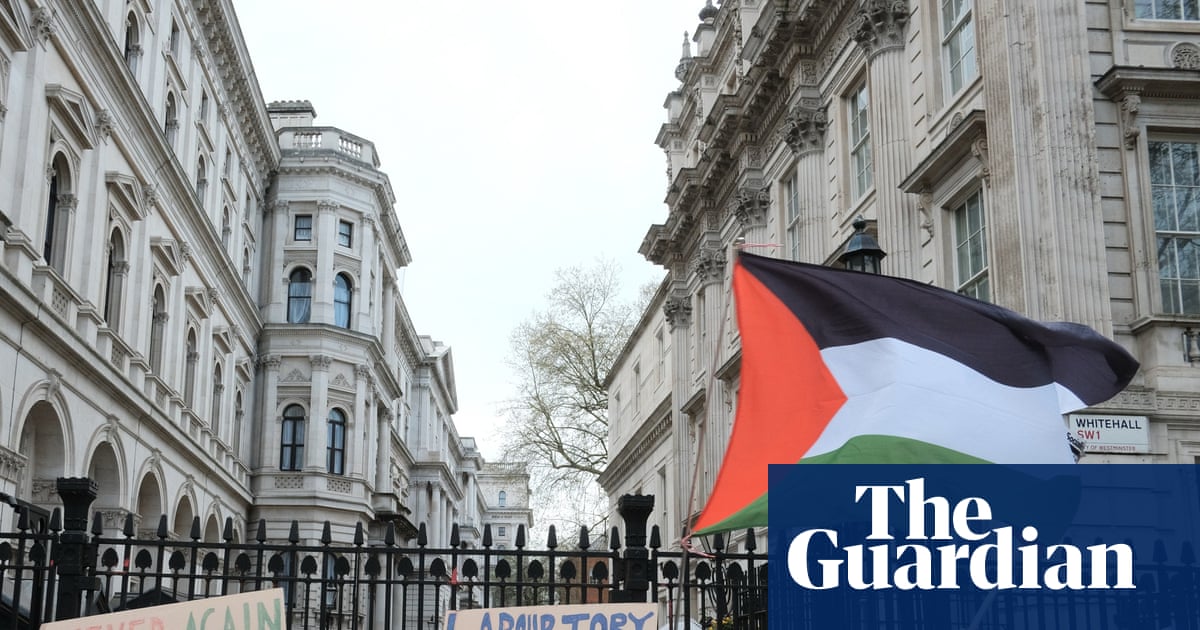

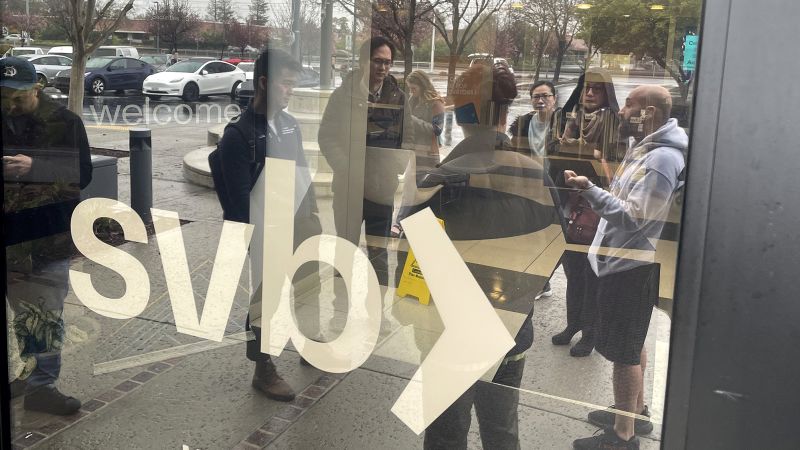

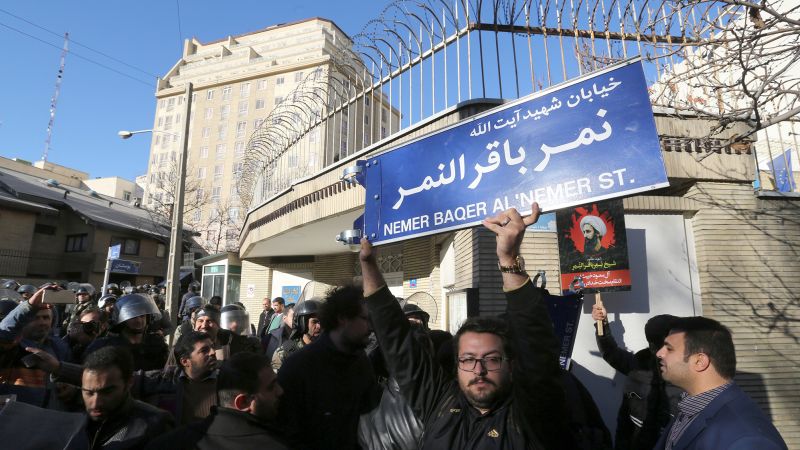
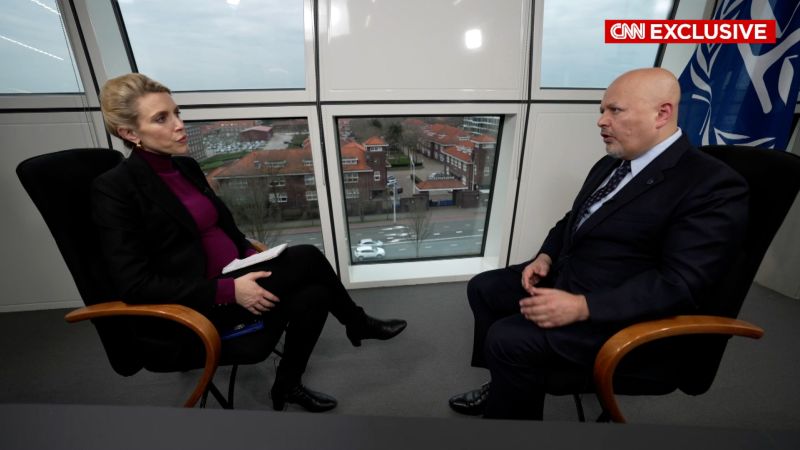
 English (US)
English (US)